What Are the Benefits of Family Therapy?
Family is the foundation of our lives, providing support, love, and a sense of belonging. Yet, even the strongest families face challenges and conflicts that strain relationships and leave individuals feeling isolated and misunderstood. When these difficulties arise, family therapy can be an invaluable resource.
At River Oaks Family Therapy, we believe in the transformative power of family counseling. In this blog post, we discuss the advantages of family therapy. Whether you're facing communication issues, conflicts, or individual challenges that affect the whole family, family counseling addresses these concerns comprehensively.
Importance of Family Therapy
Family therapy is a type of therapy that focuses on treating mental and emotional disorders within the context of marriage, couples and family systems. It helps families identify and address communication patterns, conflict resolution, and behavior that may contribute to their difficulties.
Moreover, it assists in treating a full range of mental and emotional disorders and health problems. From drug abuse to dementia and marital distress, marriage and family therapists (MFTs) are specialized in resolving a variety of relationship issues that can arise within the family unit.
Benefits of Family Therapy
The benefits of family counseling are numerous and can extend to various aspects of family life. Here are some of the key advantages:
1. Improved Communication
One of the most crucial benefits of family therapy is the development of improved communication skills. Through facilitated discussions and exercises, families learn to express themselves openly and honestly, listen actively and empathetically, and resolve conflicts constructively. This enhanced communication fosters a deeper understanding of one another's perspectives and feelings, paving the way for stronger emotional connection and healthier family dynamics.
2. Enhanced Conflict Resolution Skills
Conflict is inevitable in any family relationship. Marriage and family counseling equips families with the tools they need to navigate conflict constructively. Therapists teach families about healthy conflict resolution strategies, such as assertive communication, compromise, and problem-solving. These skills empower families to resolve issues calmly and effectively, reducing stress and preventing further conflict escalation.
3. Strengthened Family Bonds
Family counseling facilitates a deeper connection and understanding within the family system. Families learn to appreciate each other's strengths and weaknesses by exploring family dynamics and individual needs. Furthermore, they build trust and respect and foster a more supportive and loving environment. This strengthened bond contributes to a greater sense of belonging and well-being for each family member.
4. Improved Mental Health
Through improved communication, conflict resolution skills, and strengthened bonds, family therapy can significantly improve the overall mental health of every family member. By addressing underlying issues and developing healthy coping mechanisms, families can experience reduced stress, anxiety, and depression, leading to a more positive and fulfilling life.
5. Effectively Addressing Specific Concerns
Family therapy sessions can effectively address specific concerns and challenges families face. These might include:
Mental health issues: Family therapy can complement individual therapy for mental health conditions like depression, anxiety, or ADHD. It provides support and guidance to the entire family unit.
Substance abuse: Family counseling can help families cope with the challenges associated with substance abuse and support the healing process.
Life transitions: Major life transitions, such as divorce, blended families, or the loss of a loved one, can be highly stressful. Family counseling can support families undergoing these changes by addressing related emotions and developing healthy coping mechanisms.
Child behavioral issues: Family therapy can help parents understand the underlying causes of their child's behavioral problems. Additionally, they can develop effective strategies for managing them.
Your Path to Healthier Relationships Starts Here
Family therapy is a powerful tool for healing, growth, and strengthening family relationships. It provides a foundation for building a more harmonious and resilient family unit, allowing each individual to thrive. If you're facing challenges in your family life, consider contacting a mental health professional specializing in family counseling.
At River Oaks Family Therapy, Dr. Joan Collins Harwood, and her team, are dedicated to providing comprehensive care to families in Houston. As certified family therapists in Houston, Texas, we offer customized therapy plans to strengthen bonds and create resilient family units. Schedule a consultation today, and let us guide your family toward healthier relationships.



